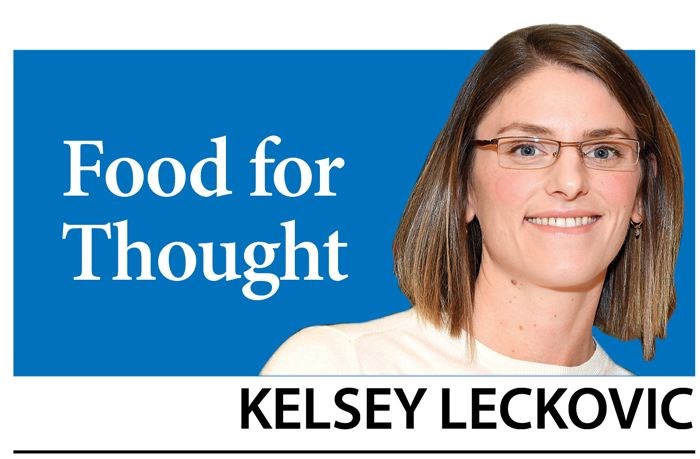Nutrition can seem like a confusing topic when we're provided with advice from a variety of sources. Maybe a cashier at the grocery store, a trainer at the gym, or a family member has offered you diet advice they've read online.
Everyday seems to bring with it a new fad diet, from Atkins to the Zone diet and everything in between; the list is never ending. Besides fad diets, the list of supplements on the market is astounding and each company seems to have a limitless supply of funds when it comes to advertising. Whether it's in your favourite magazine or posted at a bus stop, nutrition propaganda is everywhere.
Often the support of a doctor or the mention of clinical trials can add a feeling of validity to the most nonsensical of health claims, such as those for miracle pills. It is nearly impossible to escape the onslaught of misinformation when it comes to nutrition. What makes understanding diet and nutrition recommendations even more confusing is that we hear conflicting recommendations every other day; one day eggs are good for you, the next they cause heart disease.
With a variety of people claiming to be experts in the science of nutrition, contradictory advice is rampant. Unfortunately, many of these self-proclaimed experts have personal opinions that have helped to form biases when it comes to nutrition. Whether you're being told that a vegan diet is the only way to eat, or that gluten is equivalent to poison, it can be difficult to know what to do and who to listen to.
Here are a few questions to keep in mind when it comes to product claims and seemingly expert advice, courtesy of the Dietitians of Canada:
Is this person or product promising you a quick fix for rapid weight loss? And does it sound too good to be true?
Are they trying to sell you a product, instead of teaching you how to make better choices? Do they provide advice based on personal stories rather than on facts?
Are their claims based on a single study?
What are this person's qualifications? Are they qualified to give diet advice?
Would you trust a celebrity to fill a cavity? Personally - I'd see a dentist!
In Canada, registered dietitians are the only healthcare professionals who are educated, trained and registered with a provincial regulatory body to provide advice and counseling on diet, food and nutrition. Dietitians translate scientific research about food and nutrition into practical solutions for individuals, families and communities.
As a registered dietitian, it is my goal to do just that - to be a voice of reason and separate fact from fiction in a sea of half-truths and outright fabrications. hese fabrications can not only confuse but have harmful effects on the health, well being and economic status of a consumer. It is important to know that being critical of fad diets, product claims and celebrity testimonials is not a bad thing.
Use the questions listed above in deciding whether advice on diet and nutrition is worth listening to. Sift through nutritional claims in order to make the best decisions for you and your health. The best way to protect against questionable products, services and information is to be a well-informed consumer.
- Kelsey Leckovic is a registered dietitian with Northern Health, working in chronic disease management.



